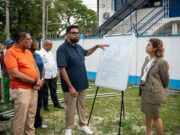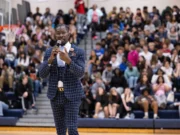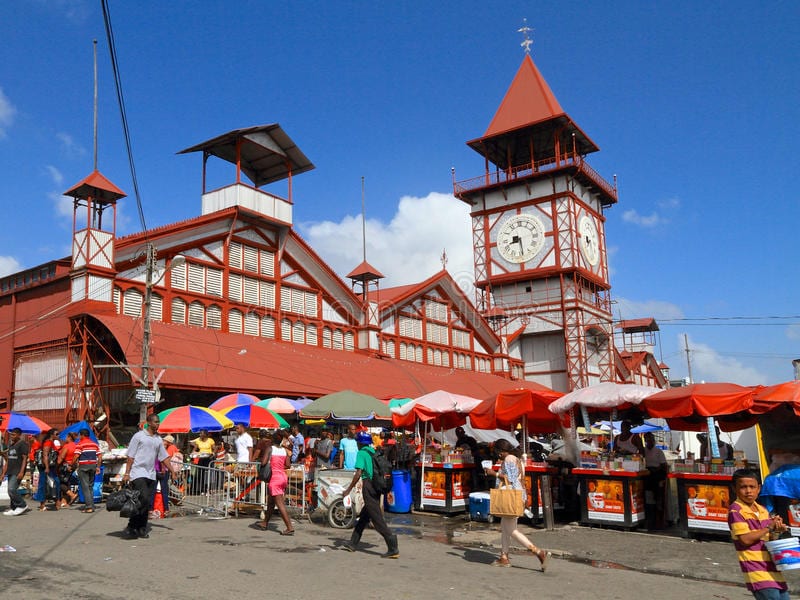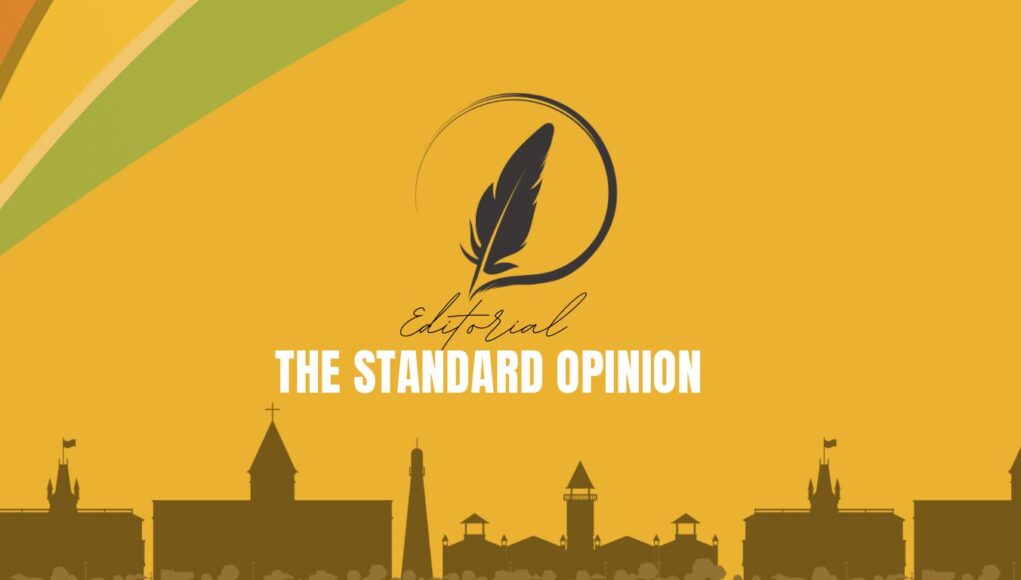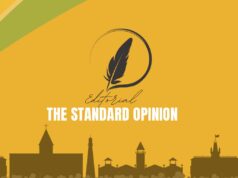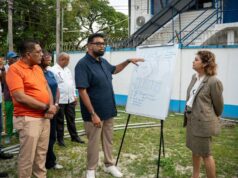He was my greatest adversary, and sadly, we never became friends. Travis Smith (not his actual first name) bullied me for years during my time at a West Demerara primary school. My father, a disciplinarian, saw the signs but dismissed my concerns when I told him that I, his youngest son, was being constantly “garbzzed” and robbed of my lunch money.
“Boys must be boys,” he’d say. “You nah got hand? Knock him back. I ain’t raise no girl child.”
My father was an ex-soldier and a retired boxer turned bahier (cook), turned security guard. It was the 90s, and I had just lost my beloved pet chicken, Perry, to a festive maternal culinary experiment. Though I protested vehemently for what was right, my father branded my remonstration as nothing but a weakness that needed to be eliminated by the cruel realities of the World.
My mother, on the other hand, did not subscribe to that brand of machismo. She wanted to storm the schoolyard with a black sage whip and inflict righteous justice upon my tormentor, but my father stopped her. He insisted that she could not fight my battles and reminded her that I must learn the way of the world.
Sometime in Primary Three, a transfer student named Richard Douglas (not his actual last name) joined our class. He was enormous and fearless –an excellent cricketer. He instantly became everyone’s protector, and the school bully was tamed. Momentarily, of course.
Richard and I became friends, much to Travis’s displeasure.
As in all epics of good versus evil, the protagonist and the antagonist inevitably clash. It was over something as silly as a cricket bat. My bully had finally met his match. What followed was one of the most brutal beatdowns I had ever seen. Brock Lesnar would have blushed. And I would be lying if I said I did not feel a flicker of joy in my heart. But that delight was short-lived as I saw the object of my torment sprawled on the pitch. I felt sorry for him.
Soon, we were all summoned to the headmistress’s office. She was a no-nonsense woman. Her whip was called “Hot Porridge”, because, as she liked to say, “though it burns, it still good for yuh”.
Everyone stood there, heads bowed, silent. According to the official story, Travis had “stumbled and fallen” on the pitch. He was willing to accept that version. Though his pride was bruised, it was still intact.
I couldn’t. My chest tightened. The truth was pressing hard against my ribs, and before I could stop myself, the words burst out: “Miss, is Richard beat he up!”
A wave of gasps followed. Then, one by one, my classmates began to speak too. Turns out, I was not the only one whose conscience had grown heavy. In that tiny office, truth prevailed, or maybe it was the sight of “Hot Porridge” that guided us all toward the light. Either way, a roomful of children decided that wrong is wrong, no matter how inconvenient.
Today, as I watch the world unfold, I feel that same sense of responsibility. This piece is to see if you do too.
Guyana and Venezuela have been locked in a bitter border controversy for decades. It has shaped our diplomacy, our defence posture, and our national psyche. But even as we rightfully stand firm in defence of our sovereignty, we must ask ourselves: at what point does our geopolitical caution begin to blur our humanity?
In recent weeks, the world has watched as the United States, citing narcotics operations and anti-terrorism motives, launched a string of deadly maritime strikes against Venezuelan vessels. At least six attacks have been recorded since September this year, killing an estimated 27 people. No verifiable evidence of drug trafficking has been presented. Human Rights Watch has already branded these actions as “extrajudicial killings.” And yet, the region has remained eerily quiet.
Of course, Guyana is in a precarious position. Our western neighbor has made no secret of its territorial ambitions. Caracas has repeatedly issued threats and staged provocations against us, claiming nearly three-quarters of our land. In such a volatile climate, it may seem wise for a small nation like ours, a modern-day David among Goliaths, to stay silent while the titans clash. But silence speaks volumes. Doesn’t it?
When bombs fall into the sea and bodies disappear beneath the waves, mothers, wives and children are cast into despair and humanity is tested. I believe the question before us is not whether Guyana should pick sides in other nations’ conflict but whether we are still capable of moral clarity.
Our President, Dr Irfaan Ali, has publicly stated that his government will support all actions aimed at ridding our region of narco-trafficking. But does “all” really mean “all”? Is there a line somewhere? Shouldn’t there be?
The outgoing Opposition Leader, Aubrey Norton, has spoken out against these bombings, emphasizing the need for due process. He seems convinced that the U.S. has the ability to capture these suspected traffickers and pass them through the judicial system.
Some social commentators have applauded the actions of the U.S., citing Caracas’ provocations as somewhat of a justification for Guyanese to support these attacks. Sadly, to remain numb to violence—even when it falls upon those with whom we share a dispute—we corrode the very principles we claim to uphold.
Even as we assert our territorial integrity before the International Court of Justice, we must also assert our integrity as a people. We cannot call for adherence to international law while turning a blind eye to its violation elsewhere. We are at a defining moment, not just for geopolitics, but for our national conscience. If our sense of justice is only convenient when it serves our interests, then history will remember us not as victims of aggression, but as bystanders to cruelty.
When history turns its gaze upon this moment, how will it paint us? Will it see us as a small but principled nation that spoke out even when its hands were caught in the tiger’s mouth, or will history condemn us for embracing complicity to forward self-preservation? What would it be?


